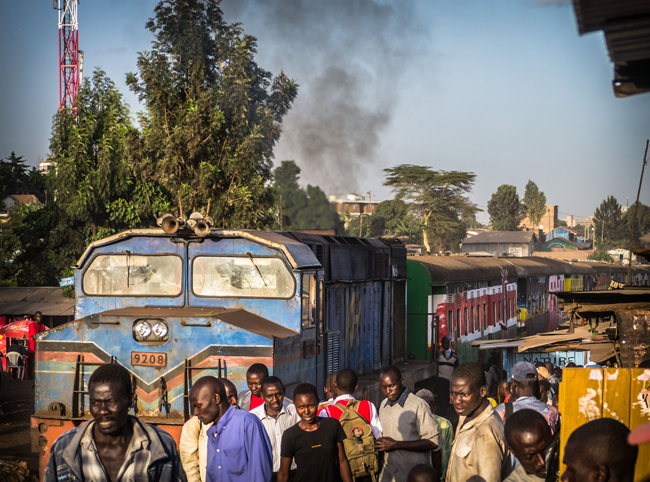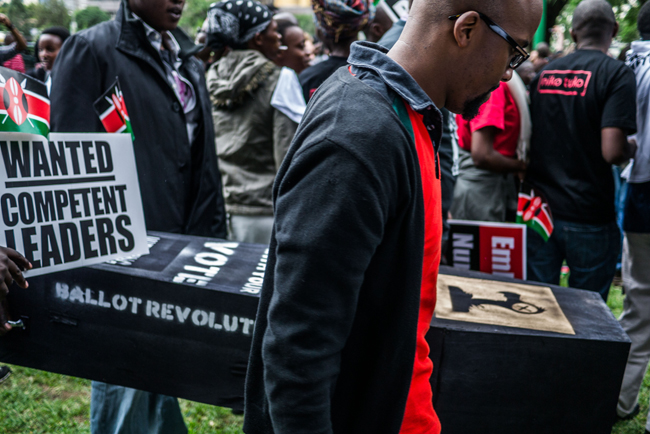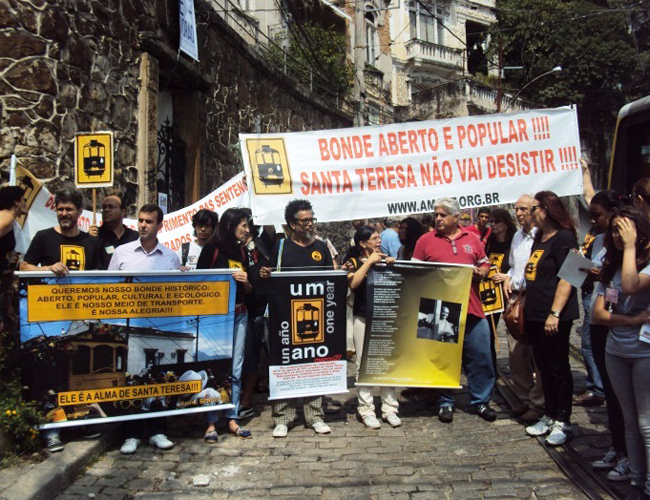
Participation in politics by the urban poor is of the utmost importance in enabling informal communities to shape the policy decisions that affect their lives -- giving voice to the disempowered and visibility to their concerns. From neighborhood associations to participatory budgeting, from transparency and accountability initiatives to guerrilla art, increasingly the urban poor are stepping up to become political actors and a force helping to shape their cities. Read on to learn more about empowerment initiatives for informal communities in five cities across the globe and then join the discussion on URB.im, the global network for just and inclusive cities.
In India, a major issue for the urban poor is political representation, which can only be effective when citizens are informed. An organization in Chennai collects data about neglected issues in the city and disseminates important information to citizens. It has created interactive maps for infrastructure, housing, and transportation to allow the cities' vulnerable residents to hold their government accountable for improving the quality of services provided. While this has been effective in shaping equitable city planning, corruption is still pervasive - the online reporting site I Paid A Bribe is a start in empowering citizens.

In an effort to overcome problems of political corruption in Kenya and to encourage political participation amongst Nairobi's slum community, a group of artists and organizations collaborated on a project called the Kibera peace train, painted with messages of peace and unity. This project was part of numerous political artistic campaigns that targeted Kenyan citizens and politicians in the run-up to the March elections. In an effort to prevent re-election of corrupt politicians, other projects included the "coffin demonstrations" that revealed many political scandals, as well as the launch of the Mavulture forum that highlighted the hypocrisy of political candidates through ironic short films.

In Jakarta, the residents of informal settlements face the constant threat of eviction. It wasn't until pro-poor governor Jokowi was elected last year that this situation changed: the poor now have legal ID cards after being denied citizenship for years, and are granted free access to public hospitals. Now that the poor of Jakarta are official citizens, will they be more politically active in the seemingly open new political landscape?
Mexico City municipalities have been engaging citizens in participatory budgeting for the past few years, and the results have been overwhelmingly positive: this strategy empowers communities, motivates citizens to participate, and gives a voice to the voiceless. A great case study is San Pedro Martir in the Tlalpan Municiaplity, where local citizens get together annually to plan the municipality's budget. This participatory mechanism does face challenges, though, such as conflicts between residents on the prioritization of needs.

In Rio de Janeiro, Neighborhood Associations are important community organizations that aim to improve residents' quality of life by representing them when dealing with local authorities and other political entities concerning local issues. Organizations like the Santa Teresa Neighborhood Association and the Vila Autódromo Neighborhood Association have continuously played a vital role in improving the residents' access to services and in mobilizing urban residents to fight against eviction. The city includes over a hundred other Neighborhood Associations that work with communities to give voice and representation to vulnerable populations across Rio.
With the rise of organizations and initiatives that educate, empower, and encourage urban residents to demand their rights and be politically active, communities eventually push for a system that meets the needs of all its citizens. Only then can more just and equitable cities emerge.
Photo 1 & 2 : Katy Fentress
Photo 3: Associação de Moradores de Santa Teresa